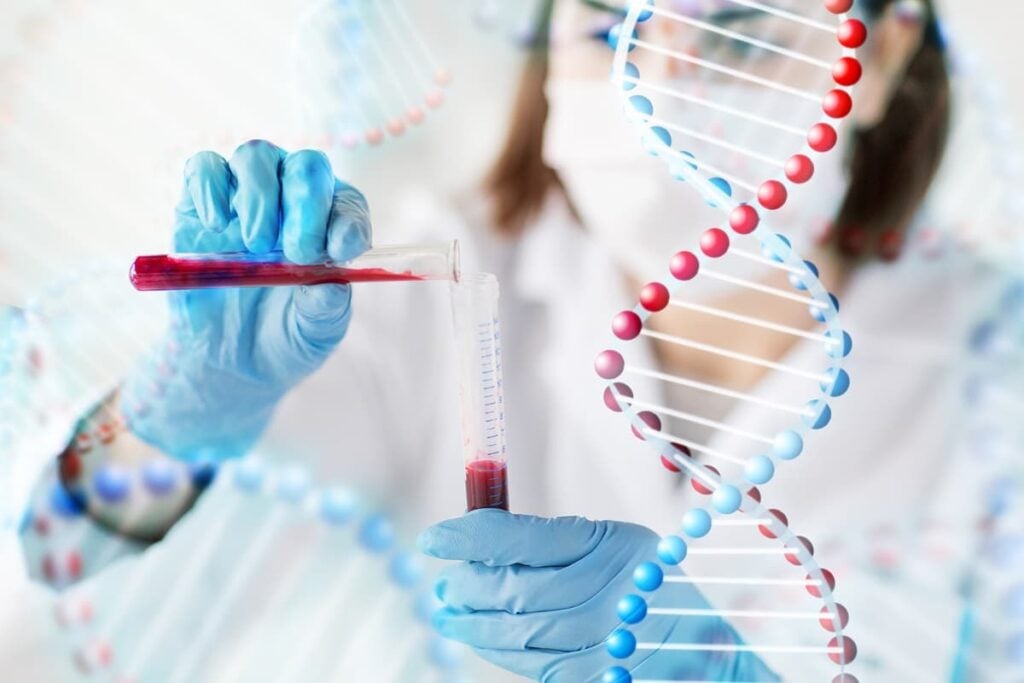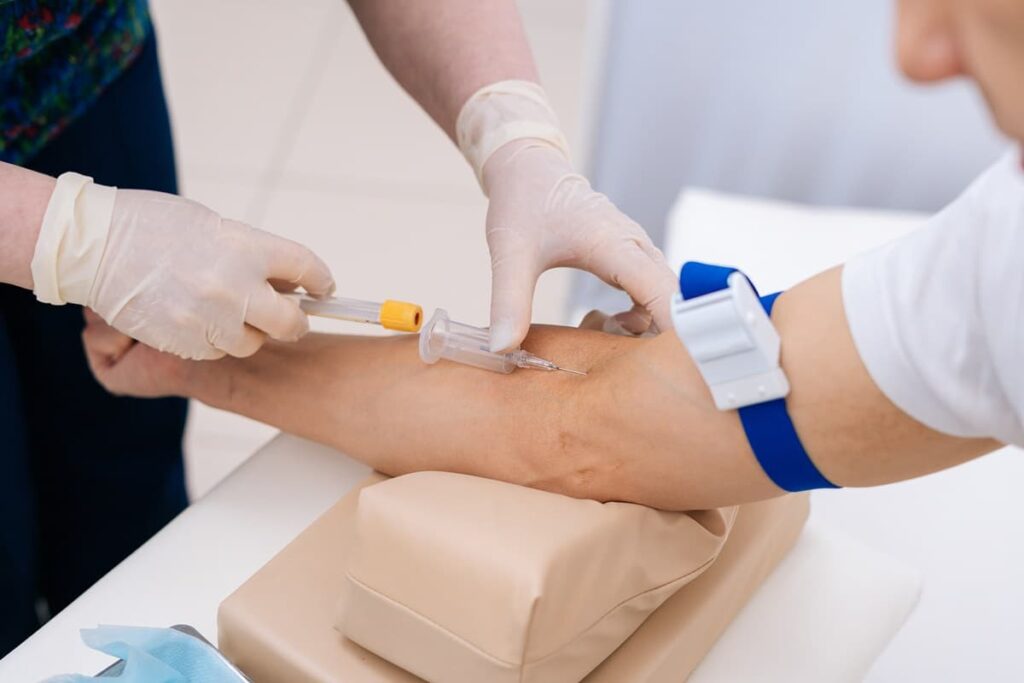Biofluid Molecular Diagnostic Tests by Exosome
Table of contents

Reaching a conclusive diagnosis for cancer is never easy for either doctors or patients, especially if the process involves costly, invasive methods. However, recent research has led to the development of simpler, less invasive techniques to detect and identify the presence of specific cancers and other disorders. Companies such as RainDance Technologies, Sysmex Inostics, and Apocell have developed revolutionary ways to detect various types of cancer using simple blood tests to identify circulating cancer cells with mutant DNA and RNA. Another company that offers minimally invasive molecular diagnostics using bodily fluids (or biofluids) is Exosome Diagnostics.
About Exosome Diagnostics
Exosome Diagnostics was founded in 2008 and is currently based at the Columbia University Medical Center, New York. The company currently has $47 million in funding from investors QIAGEN, Arcus Ventures, NGN Capital, Forbion Capital Part, b-to-v Partners, Tiger Partners L.P., CD Ventures, and Monashee Capital. The company will launch the first clinical diagnostic product in the U.S. (EXO106), which uses urine samples to identify prostate cancer in patients with elevated PSA (prostate-specific antigen). Together with QIAGEN, it is also developing a blood-based diagnostic test, EXO501, for non-small cell lung cancer and EXO1000 to measure gene mutations involved in cancer. A global launch of exoRNeasy® research kits for blood-based RNA extraction is also underway. Aside from blood and urine samples, testing of cerebrospinal fluid (CSF) from the brain and spinal cord may be done using the EXO60 RNA Isolation Kit.
At present, the pediatric department of Cedars-Sinai Medical Center is a participant in the company’s research program using their kits for RNA extraction from biofluids in various disease settings.
Microvesicles and Exosomes in Cancer Detection
Researchers have found that highly active cells, including tumor cells, shed fragments called microvesicles from the cell membrane into the circulation as another form of communication between cells. These microvesicles were originally thought to contain lipids (fats) and proteins that come from the cell membrane, which protects the cell structure. However, recent findings reveal that they also contain components found in the cytoplasm inside the cell, such as infectious particles and nucleic acids (RNA and miRNA), which when harvested, can aid in the diagnosis of disease, such as cancer. Special microvesicles (exosomes) that are formed inside the cell and extruded out in a process called exocytosis, in particular, have been the subject of new research at the Massachusetts General Hospital, where the core development team of Exosome Diagnostics was able to demonstrate that exosomes contain an abundant amount of nucleic acids. RNA or ribonucleic acid molecules are single-stranded proteins that perform multiple roles in the coding, decoding, regulation, and gene expression while miRNA or microRNA are small non-coding RNA molecules that are associated with disease when deregulated.
Conclusion
Previous research has shown that diseases such as leukemia, lung cancer and glioblastoma may be diagnosed by employing a simple blood test that detects the presence of specific mutant RNA found in circulating exosomes. These diagnostic biomarkers can be easily detected in biofluids (blood, urine, and cerebrospinal fluid) without having to do the traditional tissue biopsy, which is a more invasive method of establishing a concrete diagnosis. In addition, these biofluid diagnostic tests may be done repeatedly to monitor a patient’s condition and may be used to guide targeted therapy at a lower cost and reduced patient risk.
Sign up to our newsletter to get more of our great research delivered straight to your inbox!
Nanalyze Weekly includes useful insights written by our team of underpaid MBAs, research on new disruptive technology stocks flying under the radar, and summaries of our recent research. Always 100% free.















